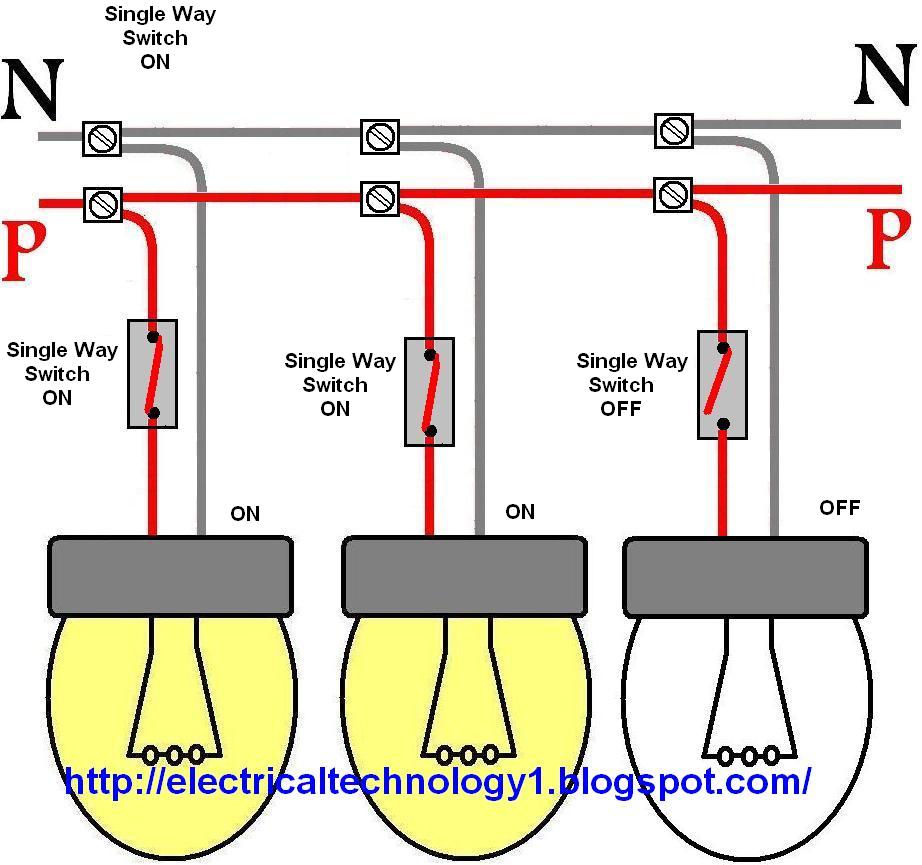When it comes to understanding the wiring of lamps, a lamp wiring diagram is an essential tool. This diagram provides a visual representation of the electrical connections in a lamp, helping users to understand how the different components are connected and how the electricity flows through the system. By following a lamp wiring diagram, individuals can easily identify and troubleshoot any issues that may arise with their lamp.
Importance of Lamp Wiring Diagram
- Helps in understanding the electrical connections in a lamp
- Aids in troubleshooting electrical issues
- Ensures proper installation and maintenance of lamps
- Improves safety by providing clear guidance on wiring connections
Reading and Interpreting Lamp Wiring Diagram
Reading a lamp wiring diagram may seem daunting at first, but with a little guidance, it can be quite simple. Here are some tips to help you read and interpret a lamp wiring diagram effectively:
- Start by identifying the different components in the diagram, such as the socket, switch, and wires.
- Follow the lines in the diagram to see how the components are connected to each other.
- Pay attention to the symbols used in the diagram, as they represent specific electrical components.
- Refer to the legend or key if you are unsure about the meaning of any symbols or markings in the diagram.
Using Lamp Wiring Diagram for Troubleshooting
When faced with electrical problems in a lamp, a wiring diagram can be a valuable tool for troubleshooting. Here’s how you can use a lamp wiring diagram to identify and fix issues:
- Trace the path of the electricity in the diagram to pinpoint where the problem may be occurring.
- Check for any loose connections or damaged wires indicated in the diagram.
- Compare the actual wiring of the lamp to the diagram to see if any discrepancies exist.
- Consult a professional if you are unable to diagnose or fix the issue on your own.
It is important to prioritize safety when working with electrical systems and using wiring diagrams. Here are some safety tips and best practices to keep in mind:
- Always turn off the power before working on any electrical components.
- Use insulated tools to prevent electrical shock.
- Avoid working in wet or damp conditions to reduce the risk of electric shock.
- If you are unsure about any aspect of the wiring diagram or electrical work, seek help from a qualified electrician.
Lamp Wiring Diagram
Precaution and Key Point: Switch is always (only and only) connected in

Common Cord Lamp Wiring Diagrams

3 Terminal Lamp Socket Wiring Diagram – Esquilo.io

Lamp Wiring Diagram | Car Anatomy in Diagram

Twin Tube Fluorescent Light Wiring Diagram

Light Socket Wiring Diagram – Wiring Diagram Schematic
